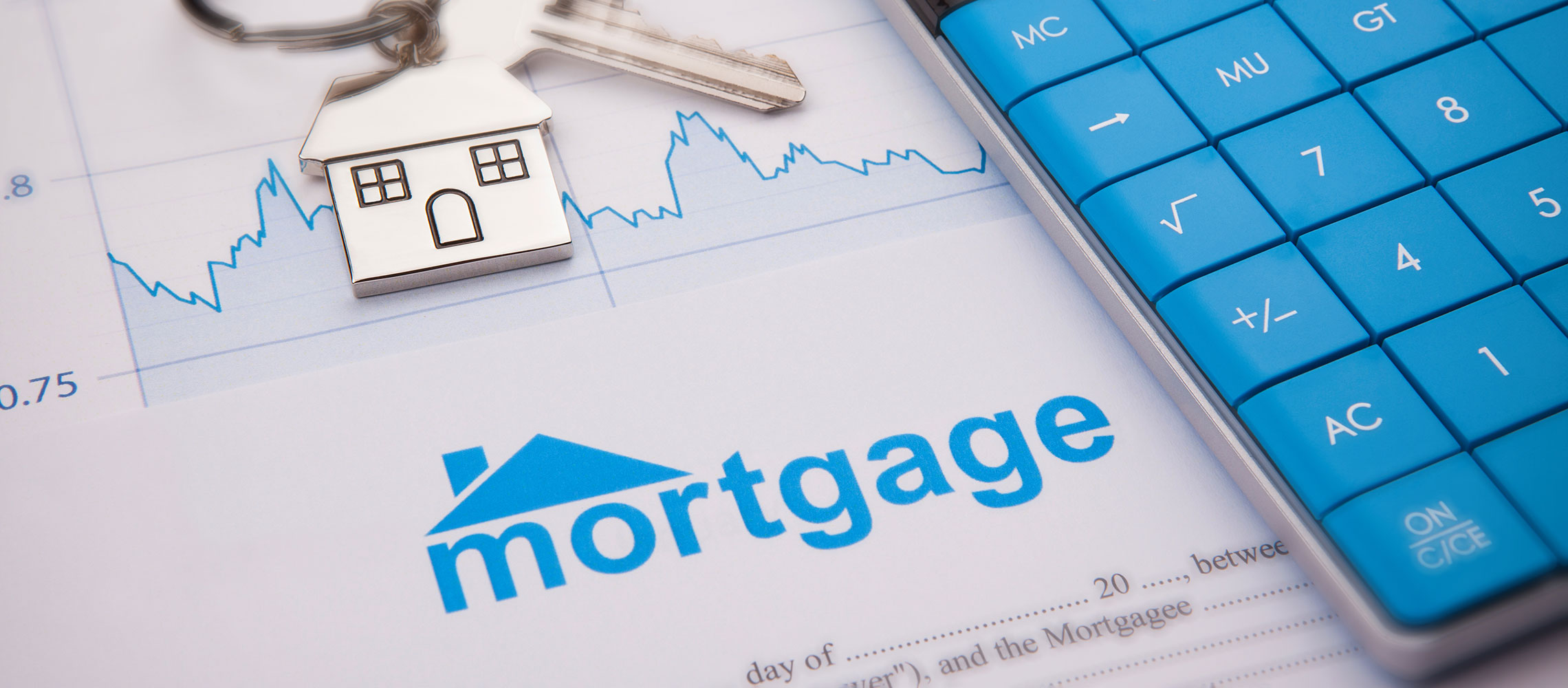What in the World are Mortgage Points?
Reading time: 5 Minutes
September 1st, 2021
If you're buying a home, or looking into refinancing your existing mortgage, you may have heard of something called mortgage points. Put simply, points are fees you pay your mortgage lender up front in exchange for a lower interest rate on your new mortgage. Paying points to your lender now allows you to pay less interest on your loan over time. But are mortgage points worth it?
This guide will help you understand how mortgage points work and whether they make financial sense for you.
What are mortgage points?
Mortgage points, also known as discount points or “buying down the rate," are fees you pay to lower the interest rate on your mortgage. One mortgage point costs 1 percent of your loan amount. For example, if you take out a $650,000 mortgage, one mortgage point will cost you $6,500.
When shopping around for a mortgage, keep in mind that many lenders include points in their advertised mortgage rates. That's why it's important to read the fine print and review your loan estimates carefully when comparing offers from different lenders.
It's also important to understand that mortgage discount points differ from origination points. Origination points are fees paid to the lender to cover the overhead cost involved in processing your loan. Paying an origination fee of 1 percent on a $650,000 loan will cost you $6,500 but won't lower your interest rate.
Any mortgage points you pay may be tax-deductible. Points are essentially prepaid mortgage interest, so they're deductible as long as you itemize deductions and meet other IRS requirements.
How do mortgage points work?
You pay for mortgage points when you close on your mortgage. Your lender will calculate the cost of the points and add them to your other closing costs. In some cases, you may be able to finance the points into your loan amount to lower your monthly payment without paying more out of pocket.
For each mortgage point you purchase, the lender will lower your interest rate by a set percentage. Points aren't standardized across the mortgage industry, so the discount you receive may vary, but is typically around 0.25 percent for each mortgage point you buy.
For example, say your lender offers a $650,000, 30-year fixed-rate mortgage at 4 percent. Your lender also offers an interest rate of 3.75 percent if you purchase one mortgage point or 3.50 percent with two points. If you choose not to buy points, your interest rate will remain at 4 percent. Over 30 years (assuming you don't pay down your loan early), you'll pay $467,151.60 in interest.
However, if you opt for the one-point discount, you'll end up paying $433,690.90 in interest over the life of the loan. This means that paying $6,500 in points saved you $33,460.70 in interest over the course of your 30-year mortgage.
If you buy the two-point discount, you'll end up paying $400,764.70 in interest over the 30-year mortgage term. Paying $13,000 in points with your closing costs would save $66,386.90 over 30 years.
Does buying mortgage discount points make sense for me?
Buying mortgage discount points can increase your closing costs substantially, but they can also make your monthly mortgage payment more affordable. A good general rule is that points make sense if you plan to keep your mortgage long enough to recoup savings from the reduced interest rate. On the other hand, if you plan to sell the home or refinance before you break even, paying mortgage points up front probably isn't worth it.
That's why it's important to consider how long you plan to keep your existing mortgage and calculate your break-even point.
Returning to the example above, your monthly payment on a $650,000 mortgage at a 4 percent rate would be $3,103.20, and $3,010.25 at a 3.75 percent rate. In other words, buying one mortgage discount point would save you $92.95 per month. At that rate, it would take you almost 70 months (nearly six years) to reach the break-even point and recoup your $6,500 in points.
If you intend to keep that mortgage for more than six years, buying down the rate might make sense. However, if there's a good chance you'll sell the home or refinance before then, you may be better off putting that $6,500 toward your down payment. A larger down payment may allow you to qualify for a lower interest rate, avoid paying mortgage insurance and lower your monthly payment.
Paying for mortgage points costs more in the short term, but may end up saving you money in the long run.
Now that you know what mortgage points are, you can take the next step in your journey. Talk with one of our lending experts to find out if points make sense for your situation, or get pre-qualified online.
You're about to exit BOH.com
Links to other sites are provided as a service to you by Bank of Hawaii. These other sites are neither owned nor maintained by Bank of Hawaii. Bank of Hawaii shall not be responsible for the content and/or accuracy of any information contained in these other sites or for the personal or credit card information you provide to these sites.
